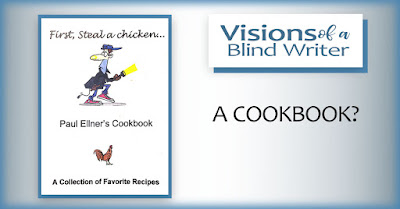A toxic relationship between two brothers with tragic consequences continues to be a subject of particular interest in many cultures. From Cain and Abel to The Brothers Karamazov, hostility developing between brothers still elicits an emotional response somewhat akin to murder. Perhaps this is because fraternal love that changes to hate is almost as difficult to comprehend as the deliberate taking of a human life.
I decided to write about two brothers in the modern era who experience such a change. With my background in infectious disease, the Ebola pandemic raging in West Africa serves as a critical episode in their lives. This novel is clearly character-driven. Once the two protagonists appear, they take over and write the story.
Howard and Frank Frazer grow up in Hartford, Connecticut, raised by a loving mother who tries to impart moral behavior. Their father is killed in an industrial accident when the boys are young. They have an affectionate relationship until puberty, when their paths take different directions. Howard is basically a do-gooder helping everyone, while Frank is more self-centered. Situations occur that radically change Howard’s feelings for Frank to hate, but initially Frank doesn’t care. I believe that the way their lives unfold to a dramatic conclusion should make interesting reading. See my website for more information. The novel is called The Ebola Connection.





